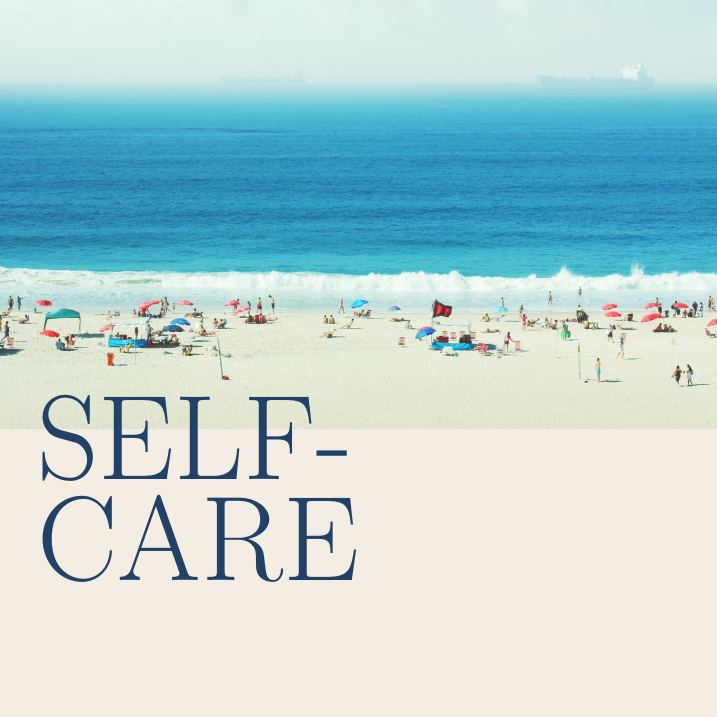Check our new E-Books for FREE! Click Here!
The mother as a friend and the consequences
When a mother becomes a best friend, the lines between parental authority and friendship blur. Here's what you should know...

The relationship between a mother and her child is unique and of great importance for the child’s development. But what happens when the mother shifts this relationship too much towards a friendly level and assumes the role of a best friend? This approach may seem positive at first glance as it aims for closeness and openness. However, from a psychotherapeutic and developmental psychological point of view, this can have long-term problematic effects on the child and the mother-child dynamics. In this article, we shed light on why a mother should not be her child’s best friend, what problems can arise from this, and how mothers can find a healthy balance.
1. The Mother as the Best Friend: What does this mean?
When a mother becomes the best friend, the boundaries between parental authority and friendship blur. Typical characteristics are:
- Confidentiality: The mother shares intimate details from her life with the child, which are inappropriate for their age or role.
- Missing Hierarchy: There is no longer a clear division of roles; mother and child apparently stand on the same level.
- Excessive Closeness: The mother expects emotional support from her child, which should actually come from peers or partners.
7 Evening Rituals that give your Child a Sense of Security
Download2. Developmental Psychological Effects
From a developmental psychology perspective, a mother who takes on the role of best friend can impair the healthy development of the child.
2.1. Lack of Parental Guidance
Children and adolescents need parents who provide them guidance, security, and boundaries. If the mother relinquishes this leadership role, an insecure attachment forms. The child feels overwhelmed since they find themselves having to take responsibility for the relationship.
2.2. Restriction of Autonomy
A close, friendly bond between mother and child can hinder the child’s independence. Dependency can develop, as the child learns that the mother needs emotional support or approval.
2.3. Stress Due to Emotional Responsibility
Children who are thrust into the role of a confidant or advisor for their mother often feel emotionally overwhelmed. This can lead to feelings of guilt, fears, or the feeling of being responsible for their mother’s happiness.
3. Behavioral Therapy Perspective
From a behavioral therapy perspective, a problematic dynamic arises when the mother does not clearly define her parental role. Typical behavior patterns include:
- Reinforcement of Dependence: The mother rewards the child for their emotional closeness, which strengthens the dependency.
- Avoidance of Conflicts: To maintain a friendly relationship, any necessary conflicts or disciplinary actions are avoided.
- Crossing Boundaries: Intimate conversations or the sharing of burdens often cross the emotional boundaries of the child.
Over the long term, these patterns can lead to difficulties, such as poor conflict management, low self-esteem, and relationship problems in adulthood.
4. Negative Impacts on the Mother-Child Dynamic
4.1. Dependency Instead of Autonomy
If the mother acts as the child’s best friend, the child is pushed into a dependency that prevents them from making independent decisions and separating from the mother. This dependency can persist into adulthood and affect their ability to manage their own relationships.
4.2. Maternal Stress
A mother who sees her child as her best friend often loses her own social identity. She focuses entirely on the relationship with the child and neglects friendships or partnerships. This can lead to loneliness and a feeling of exhaustion.
4.3. Lack of Preparation for Separation
Children need to separate from their parents in the course of their development to form their own identity. An overly close relationship with the mother hinders this process, leading to conflicts or feelings of guilt on both sides.
5. How Mothers Can Change This Dynamic
5.1. Establishing Role Clarity
Mothers should understand that their role isn’t that of a best friend, but rather, a loving, supportive, and guiding figure. This means:
- Set clear boundaries and consistently adhere to them.
- Share intimate or distressing topics with peers or partners, not with the child.
5.2. Promoting Child Autonomy
Encourage your child’s independence by entrusting them with responsibility and giving them space to make their own decisions. Support them in this process, without controlling their decisions.
5.3. Maintaining Personal Social Contacts
Build yourself a strong social network that offers you emotional support. This reduces the risk of relying too heavily emotionally on your child.
5.4. Allowing Conflicts
A healthy mother-child relationship also involves conflicts. Don’t be afraid to establish and enforce rules, even if this leads to temporary tension. Conflicts help children to emotionally develop and find their own values.
5.5. Seeking Support
If it’s difficult to change dynamics, professional support through family therapy or counseling can help find new ways.
Self-Care – The Key to greater Serenity
Self-care is a quiet, loving companion on the journey back to yourself. Because self-care is not a luxury and not selfishness. It’s a necessity. Especially in everyday life with children, when everything happens at once: tantrums, exhaustion, guilt, perfectionism. All of it drains you – often silently and invisibly. This book is a gentle reminder that you are more than just a “functioning parent.” That your needs matter. That taking care of yourself isn’t selfish – it’s brave. Strong. And healing.
Check it out for FREE!6. Important
The mother-child relationship is one of the most important bonds in a person’s life. However, it should not be confused with friendship. Mothers who strive to be their child’s best friend unwittingly put emotional pressure on their children and risk their autonomy. Instead, they should adopt a clear, supportive parental role that provides guidance and security for their child. With conscious reflection and clear boundaries, mothers can find a healthy balance that strengthens both the well-being of the child and their own.



